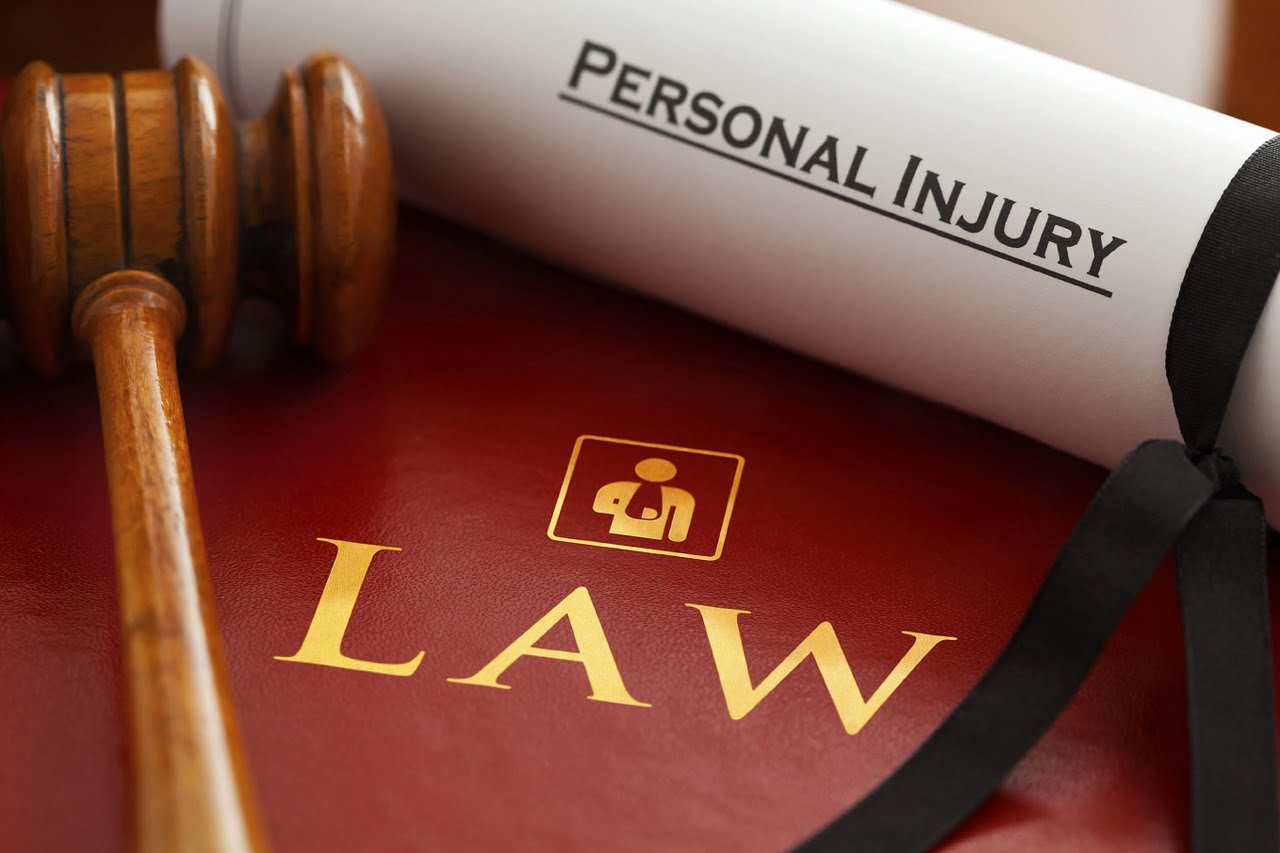
Did you know that the U.S. market size for personal injury lawyers and attorneys is $55.8 billion? That’s partly because thousands of preventable deaths and millions of injuries occur every year.
Some examples of personal injuries include slip and fall accidents, car accidents, dog bites, assault and battery, and workplace accidents.
On top of the physical and psychological damage, each of these personal injuries can be traumatic and scary in the moment. In fact, if you don’t prepare well, you may not know how to react if you’re ever seriously hurt.
So here’s a step-by-step guide on what to do if you ever find yourself in a personal injury accident:
1. Get out of danger
The first thing you should do after getting into an accident is get to a safe place. You don’t want to risk getting hurt further by staying where you are.
For example, if you’re in a car accident, pull off to the side of the road or get out of your vehicle if it no longer drives. You want to get away from traffic so you don’t sustain another injury or cause another accident.
2. Seek medical attention
Next, get medical help. This is important even if your injuries seem minor. Why? Because some injuries aren’t obvious (e.g. internal bleeding, brain injuries, concussions, etc.). It’s better to play it safe and get yourself checked out.
Plus, your state or insurance company may have a statute of limitations that requires you to report injuries within a certain timeframe.
Some common signs of injury to look for include bleeding, severe pain, dizziness, blurred vision, difficulty breathing, numbness, and inability to move certain limbs. Of course, if the injury is serious, go to the emergency room (ER) or call an ambulance to take you there.
3. Call the police
Dial 911 or ask someone to do it for you. The police will then dispatch an officer to the accident scene to make an official police report.
A police report will be helpful later on in your personal injury case as it provides a neutral assessment of what happened. So make sure you keep a copy of the report and ask the police officer for their badge number.
4. Exchange contact information with other parties
If your personal injury involved others (e.g. other drivers in a car accident), exchange contact information with them.
Ask for their name, address, phone number, and insurance policy number. This will help you file your legal and insurance claims later on.
Just be careful not to admit any fault. Let the courts decide that. You also shouldn’t sign anything or take cash as compensation without getting insurance companies involved. Doing so could lead to a payout that is much less than what you deserve.
5. Collect evidence
To have a strong personal injury case, you must have good evidence on your side. So it’s important to collect it as you go.
This means taking photos of the accident scene and your injury and writing down exactly what happened. Record the date, time, location, weather conditions, and who was involved. Create a detailed timeline to show how the accident unfolded.
You should also collect any medical bills and receipts, proof of loss of income, and other documents related to your injury. If there were any witnesses, get their contact information as well.
6. Notify your insurance company
Call your insurance company as soon as possible to let them know about your personal injury. They will tell you how to file an insurance claim and walk you through the claims process.
It’s important to complete this step as early as you can. If you wait too long, you could miss a deadline in your insurance policy and risk forfeiting compensation.
7. Contact an attorney
Lastly, contact a personal injury lawyer. They will be able to let you know if you have a valid personal injury claim and what to do next.
Most personal injury attorneys offer free consultations and work on a contingency basis, which means they don’t charge you unless you win your case. Then they take a percentage of your settlement (usually about 25% to 40%).
Personal injury lawyers are also important to have on your side since most insurance companies and defendants will have their own lawyers. With the right legal counsel, you stand a better chance of winning your case.
Final thought
Nobody wants to get seriously injured, but it could happen. Now you know what to do if it does. By following the steps above, you can make a bad situation better instead of worse.